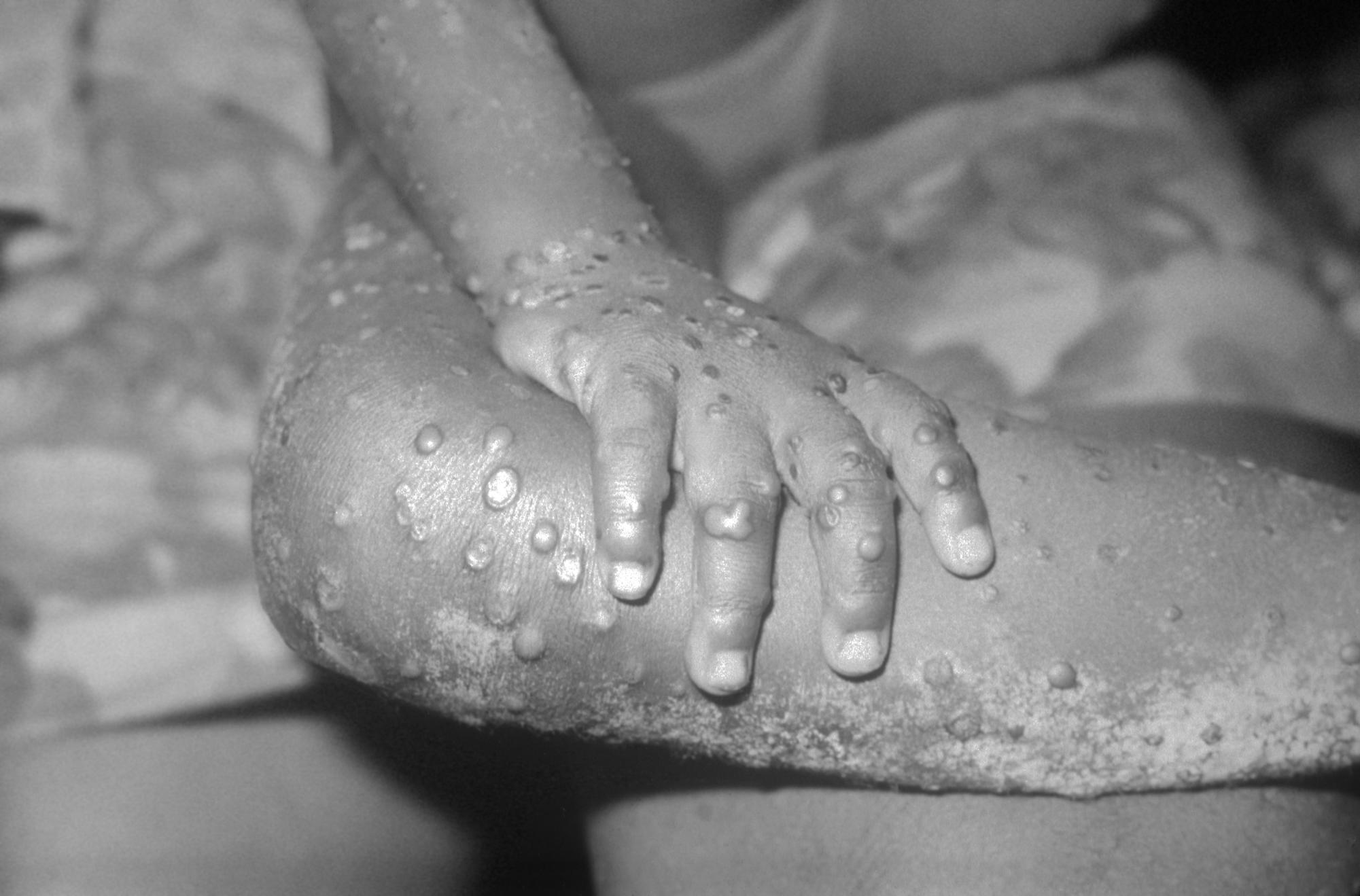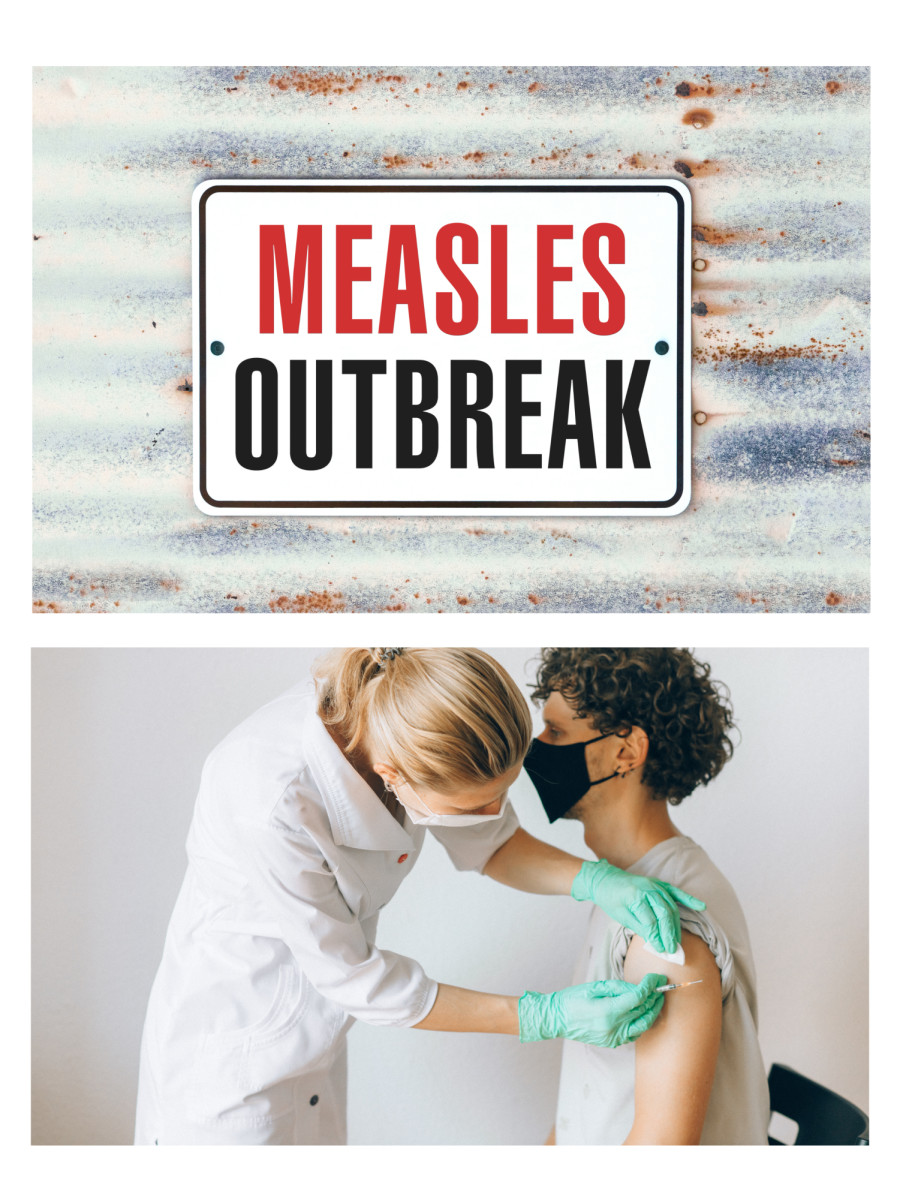What is the Monkeypox Virus?
Mpox recently made an appearance in Europe and the United States but was discovered in the Democratic Republic of Congo. The origin of Mpox is unknown; however, scientists suspect that the disease originated and spreads from African rodents and primates according to the CDC. The virus was originally found among colonies of monkeys in 1958, with the first human case being a child in 1970. Mpox is now found regularly in Central and West Africa, similar to the flu in The United States. In addition, Mpox is a zoonotic disease, meaning it can spread between animals and humans.
What are the symptoms of the Monkeypox virus?
People with Mpox usually experience symptoms 3-17 days after the time of contraction. The most prevalent symptom is pimple-like rashes appearing on the hands, feet, face, mouth, or genitals. According to the CDC, “If you have flu-like symptoms, you will likely develop a rash 1–4 days later”. Other symptoms include fever, chills, swollen lymph nodes, exhaustion, muscle aches and backaches, headache, and respiratory symptoms. Once a person shows symptoms of Mpox, they can transfer the disease to other humans and animals.
What are the different strains of the Monkeypox Virus?
Clade I
In general, more people will contract the Clade I stain of the Monkeypox Virus, and it tends to be more deadly than the Clade II strain. Clade I has killed about 10% of the people it’s infected. However, recent cases have had lower death rates as people build immunity. Clade I is found pretty regularly in the Democratic Republic of Congo and has spread to neighboring countries like Burundi, Central African Republic, Republic of the Congo, Rwanda, and Uganda. There are currently many outbreaks in the DRC. Depending on the area, there are different reasons for spreading. For example, in some areas, people are contracting the disease from patient care or household transmission while others are contracting it from sexual intercourse. In one area there are a large number of children under the age of 15 contracting it.
The United States is at low risk of obtaining Clade I Mpox, and there have not been any reported cases in the US. In general, there are a limited amount of travelers going to the DRC from the US. There are also no direct flights from the US to the DRC.
Clade II
Clade II is the less deadly of the two Mpox strains with 99.9% of people surviving the disease. Clade II is usually found in Nigeria, Ghana, Côte d’Ivoire, Liberia, and Sierra Leone with Cameroon having both strains of Mpox. Clade II is what caused a global outbreak in 2022-2023 and it has spread to countries like The United States, Brazil, China, Russia, Canada, and others. Fortunately, all of these countries have very low reported cases.
How Do I Prevent the Monkeypox Virus?
Monkeypox spreads through close contact and sexual intercourse. Including, but limited to, skin-to-skin contact, contact with saliva, hugging, kissing, face-to-face talking, or breathing, as well as oral, anal, or vaginal intercourse. Mpox can also be contracted from contaminated objects and items. This includes fabrics like clothing, bedsheets, towels, couches, and various furniture. Getting 2 doses of the JYNNEOS vaccine is the first step of prevention. Limiting contact with infected animals and humans is also a necessary precaution. Disinfecting and cleaning touched items often is suggested. Washing one’s hands before eating, using the bathroom, or touching one’s face is a great way to prevent contracting Mpox. Alcohol-based hand sanitizer is a great substitute if running water and soap are not available.

Overall, the risk of contracting Mpox in the United States is very low, and if one does, then they have a low risk of death. The United States has a non-lethal version of Mpox, and will most likely not obtain Clade I Mpox. Practicing sanitary habits will lower one’s chance of contracting Mpox. Unfortunately, certain people are more susceptible to Mpox depending on where they are located. People in West and Central Africa are more likely to contract Mpox, while people in the United States are not.













